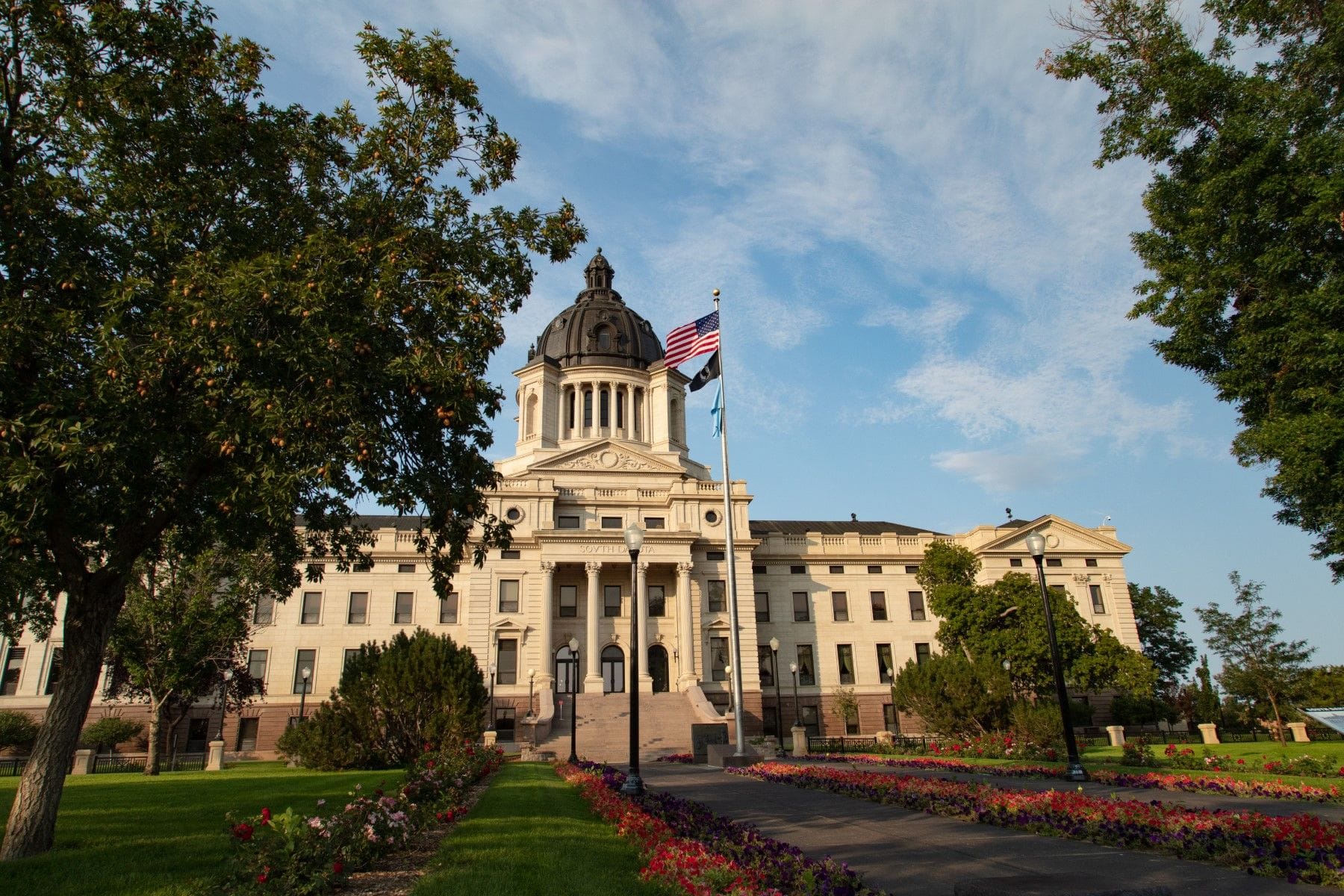South Dakota Expert Witness Rules: What Litigators Need to Know
Expert testimony in South Dakota civil cases hinges on strategic disclosure, Daubert reliability, and strong affidavits—precision is key for admissibility.
Updated on
In this article
Expert witnesses are a central component of civil litigation in South Dakota, especially in medical malpractice, personal injury, product liability, and economic damages cases. The state follows a disclosure framework under its Rules of Civil Procedure, with additional evidentiary guidance provided by the South Dakota Rules of Evidence. While the rules mirror many aspects of the federal system, South Dakota courts exercise considerable discretion, particularly in gatekeeping functions under Daubert-influenced standards. Attorneys must be precise in both disclosing experts and preparing them to defend the basis of their opinions.
Designation Requirements
South Dakota does not require a formal motion to designate expert witnesses. Rather, expert disclosure is handled through discovery mechanisms authorized under S.D. Codified Laws § 15-6-26(b)(4) (modeled after Federal Rule 26).
A party intending to use expert testimony at trial must disclose:
- The name and contact information of the expert
- The subject matter of the expert’s testimony
- The substance of the facts and opinions the expert will present
- The basis and reasons for those opinions
Disclosures typically occur in response to interrogatories or as required by a case scheduling order. Courts may exclude expert testimony if a party fails to disclose the expert or their opinions in a timely and sufficient manner, particularly if prejudice to the opposing party is shown.
Expert Disclosure Process
South Dakota’s disclosure rules permit robust expert discovery, but full expert reports are not automatically required unless ordered by the court. Discovery of expert information under § 15-6-26(b)(4)(A)(i) includes:
- A summary of opinions to be offered
- The grounds and methodology for each opinion
- A list of materials reviewed or relied upon
- The expert’s qualifications, compensation, and prior testimony
Parties may also request depositions of expert witnesses after these disclosures. In complex cases, such as medical malpractice or toxic torts, courts may require more detailed expert reports to ensure that the testimony meets admissibility standards under Daubert.
Required Declarations
While not required at the initial disclosure phase, expert affidavits or declarations are often critical at the summary judgment stage, governed by S.D. Codified Laws § 15-6-56(e).
Affidavits must:
- Be based on the expert’s personal knowledge
- Set forth facts admissible in evidence
- Demonstrate the expert’s competence to testify on the relevant subject matter
In medical negligence actions, failure to provide expert affidavit testimony to support the standard of care and proximate cause may result in summary judgment. South Dakota courts require plaintiffs in such cases to provide expert opinion unless the breach of duty is so obvious that laypeople could evaluate it independently.
Fees and Compensation
Expert compensation in South Dakota is not regulated by statute. Experts are paid according to private agreements between the expert and the retaining counsel. However, when an expert is deposed by the opposing party, § 15-6-26(b)(4)(C) requires the deposing party to pay a reasonable fee for the expert’s time.
If disputes arise over the reasonableness of fees, courts may intervene to ensure that compensation is fair and not used to obstruct access to discovery.
Discovery Scope and Limitations
Expert discovery in South Dakota includes:
- Interrogatory responses
- Document production
- Depositions
Under § 15-6-26(b)(4), parties may obtain:
- The expert’s opinion summaries and basis
- Supporting materials such as literature or test data
- The expert’s CV, including education and publications
- A list of prior testimony in the last four years
- Fee schedules and billing terms
Discovery from non-testifying consultants is generally prohibited unless exceptional circumstances are shown, such as when it is impracticable to obtain comparable information elsewhere.
Draft reports and attorney-expert communications may be protected under the work-product doctrine, but any facts or data considered by the expert in forming opinions are typically discoverable.
Admissibility Standards
South Dakota follows the Daubert standard for expert admissibility, adopted in State v. Hofer, 512 N.W.2d 482 (S.D. 1994) and codified in Rule 19-19-702 of the South Dakota Rules of Evidence.
To be admissible, expert testimony must satisfy the following:
- The expert must be qualified through knowledge, skill, experience, training, or education
- The testimony must be based on sufficient facts or data
- It must be the product of reliable principles and methods
- The expert must reliably apply the methods to the case facts
Judges act as gatekeepers, evaluating whether the opinion is grounded in sound science or technique. Courts consider general acceptance, peer review, error rates, and whether the theory has been tested. A Daubert hearing may be held pretrial if admissibility is contested.
Key Deadlines & Strategy Notes
Expert disclosure deadlines in South Dakota are usually governed by the court’s scheduling order, issued under Rule 16. Although specific deadlines vary, a typical structure includes:
- Plaintiff’s expert disclosures: 90–120 days before trial
- Defense disclosures: 30–60 days after plaintiff’s
- Rebuttal experts: Before close of discovery
- Expert depositions: Must be completed by discovery cutoff
- Daubert motions: Filed before the pretrial conference or per scheduling order
In medical malpractice or engineering cases, early expert retention is essential. Experts must be prepared not only to produce defensible opinions but also to explain and defend their methodology during depositions or admissibility hearings.
State-Specific Statutes & Local Rules
- S.D. Codified Laws § 15-6-26(b)(4): Expert discovery framework
- S.D. Codified Laws § 15-6-56(e): Affidavits for summary judgment
- S.D. Codified Laws § 15-6-16: Scheduling orders and pretrial management
- S.D. R. Evid. 19-9-702: Admissibility of expert testimony
- State v. Hofer, 512 N.W.2d 482 (S.D. 1994): Adopted Daubert standard
Practitioners should consult local court administrative rules and individual judicial preferences in counties like Minnehaha, Pennington, and Lincoln, where complex litigation may involve specific protocols for expert disclosures and evidentiary hearings.


